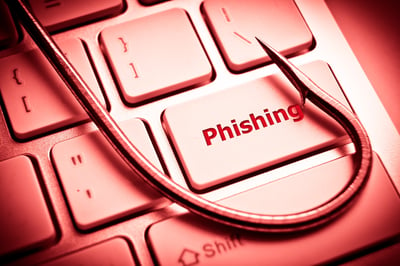 The long-awaited annual Verizon Data Breach Investigations Report is out, and it’s made very clear that users continue to be a problem in phishing attacks.
The long-awaited annual Verizon Data Breach Investigations Report is out, and it’s made very clear that users continue to be a problem in phishing attacks.
I’ve said it before, if you only read one report each year, the Verizon Data Breach Investigations Report is one you shouldn’t miss.
And this year’s report starts off with a topic close to our hearts here at KnowBe4: users engaging with phishing emails and clicking links.
First the good news: according to Verizon, the rate at which users are reporting phishing emails is increasing, regardless of whether a potentially malicious link was clicked or not:

Source: Verizon
Additionally, the chart shows that nearly double the percentage of users report emails that did not click a malicious link (20%) versus those that did click the link (11%).
Now the bad news: of those that did not click the link, 80% of them did not report it. Those that did click the link, 89% of them did not report it!
The median time a user takes to click a phishing link is only 21 seconds – that’s 21 seconds to comprehend the content of the email, scrutinize it to determine its validity, and then to click the link. Add to that Verizon’s findings that the median amount of time a user enters data in a credential, credit card, or account harvesting scam is another 28 seconds.
This means it takes less than a minute for users to fall for a phishing scam.
Verizon’s data is based on users interacting with simulated phishing attacks, which is a great first step. But that testing feature – often found as a part of security awareness training – should be a part of a larger effort to create a strong security culture that elevates their sense of vigilance within their own job.
There are many parts of the report we will dive deeper into in future posts. More to come.
KnowBe4 empowers your workforce to make smarter security decisions every day. Over 65,000 organizations worldwide trust the KnowBe4 platform to strengthen their security culture and reduce human risk.
 Here's how it works:
Here's how it works:




